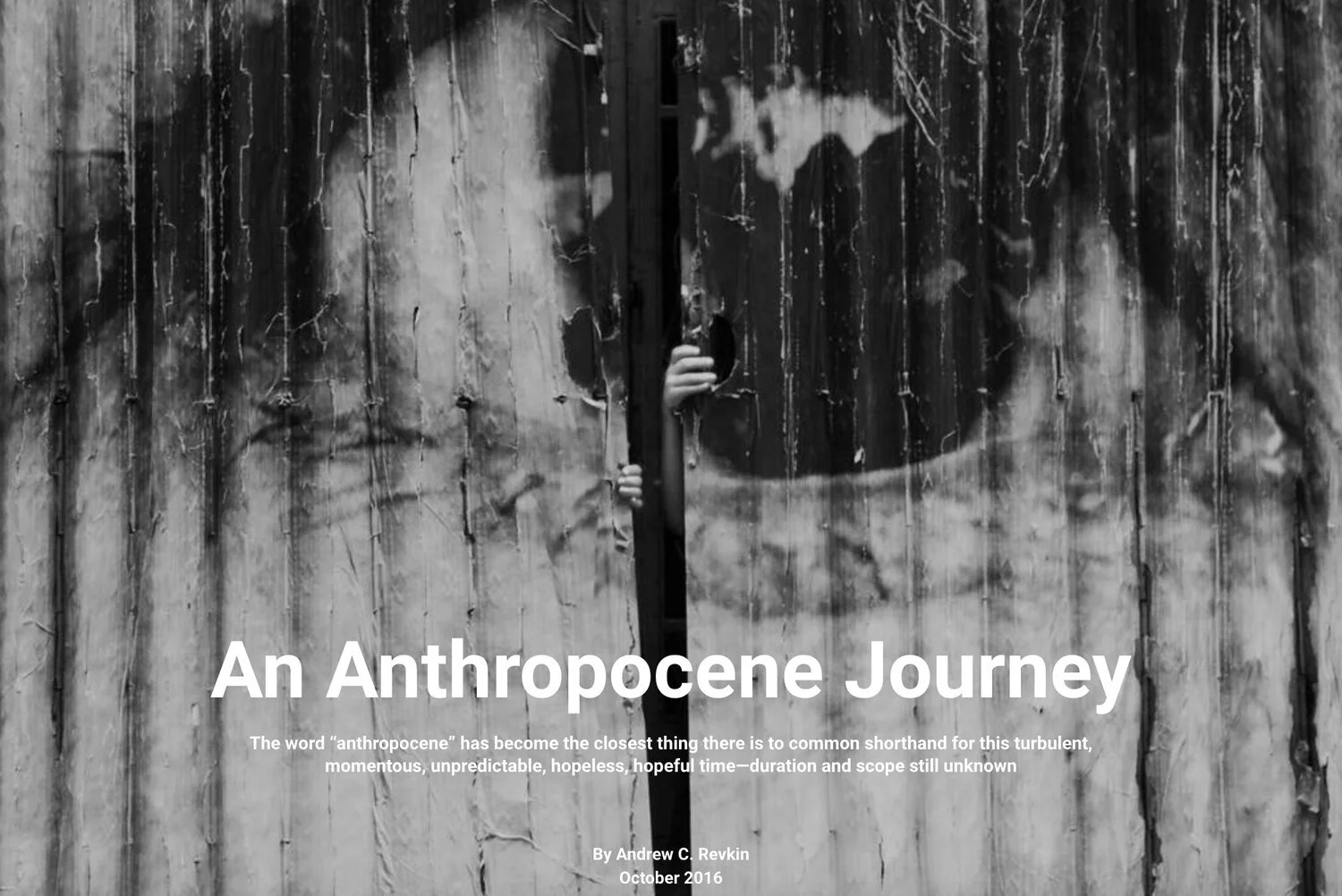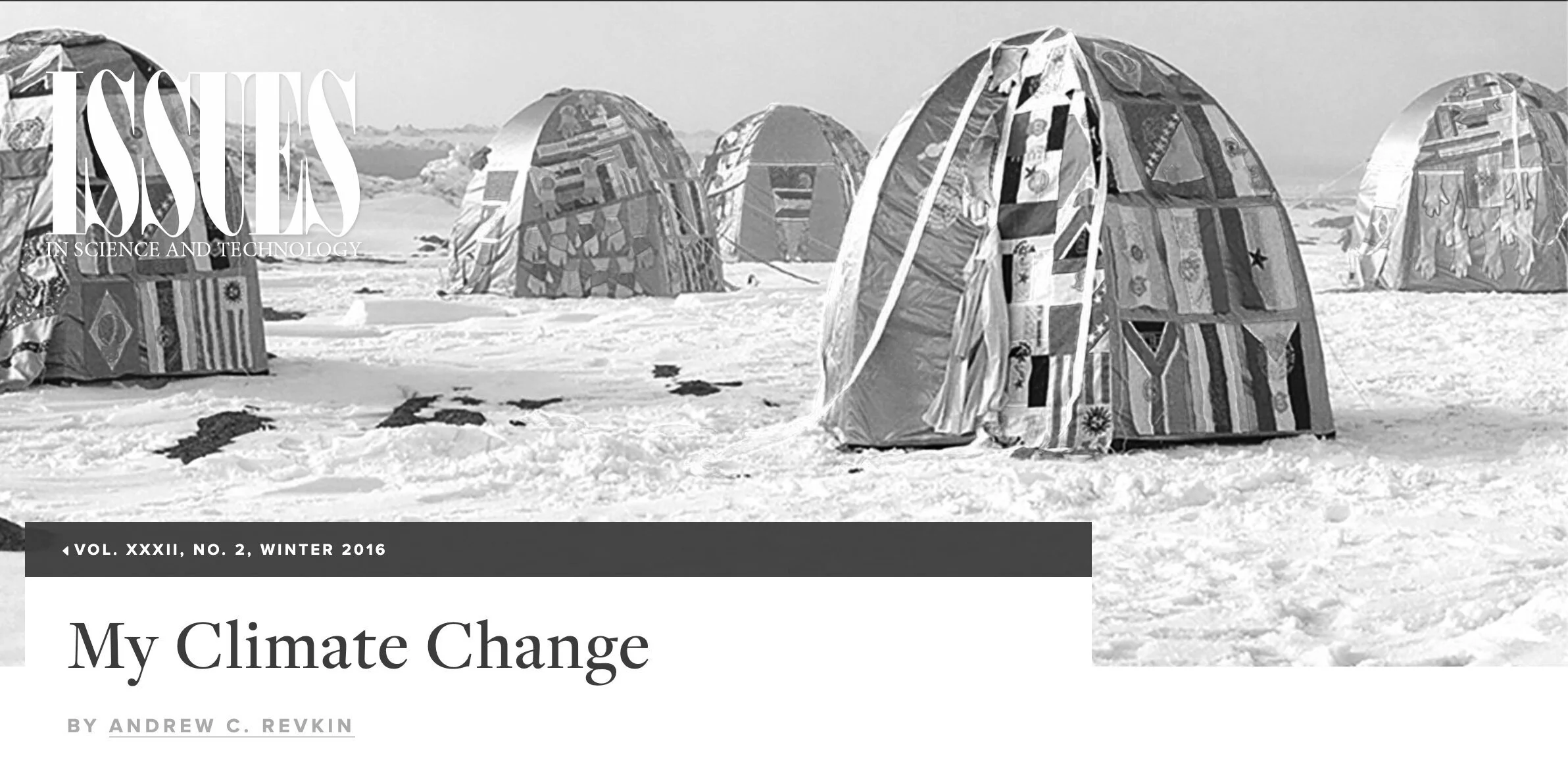Session II
Effective Communication Pathways on Sustainability
OCT. 22nd 2019
SPEAKER: ANDREW REVKIN
FOUNDING DIRECTOR OF THE INITIATIVE ON COMMUNICATION AND SUSTAINABILITY AT COLUMBIA UNIVERSITY’S EARTH INSTITUTE
MODERATOR: Nicholas Howarth
Research Fellow at the King Abdullah Petroleum Studies and Research Center (KAPSARC)
In just few decades, Earth has become sheathed in an extraordinary digital information and communication web allowing real-time global monitoring of deforestation and coral reef health, helping young researchers, through the Twitter hashtag #skypeascientist, share insights with students in any connected classroom, letting innovative farmers in rural India, through simple videos, share tips on resilient agriculture with farming families hundreds of miles away. But of course this system is also clogged with noise, rife with confusion and polarization, and designed as much to distract and addict as educate and inspire.
The Earth Institute at Columbia University, already a world leader in exploring planetary dynamics and shaping sustainable policies and business practices, has launched an initiative designed to explore, test and make the most of the newest Earth system -- this dynamic, complex, wondrous information environment.
In an interactive talk and discussion, the founding director of the Initiative on Communication and Sustainability, Andrew Revkin, will lay out his learning curve through 35 years of award-winning environmental journalism and describe the program's goals and why they're relevant in Saudi Arabia and across the Middle East. Revkin is best known for the 30 years he spent covering all aspects of human-driven climate change, mostly for The New York Times. You can get a view of his perspective by following him on Twitter at @revkin or follow him on Facebook or LinkedIn.
Deeper Dive
ANDREW REVKIN
Revkin was one of the first journalists to take on the subject of climate change, starting in the 1980s as a magazine reporter and editor. In 1992, he predicted that earth scientists would soon identify a “geological age of our own making,” helping mark the beginnings of the now commonly discussed Anthropocene epoch.
From 1995 to 2016, he covered environmental issues and natural disasters regionally and globally for The New York Times, first as a staff reporter and later via his popular Dot Earth blog. Among other things, he exposed efforts by the George W. Bush administration to silence climate scientist James Hansen, then director of the Goddard Institute for Space Studies. He has also held positions at the Los Angeles Times, Discover Magazine and the nonprofit public-service newsroom ProPublica, and taught at Pace University and Columbia’s Journalism School. He was most recently strategic advisor for environmental and science journalism for the National Geographic Society, where he remains a member of the advisory Committee for Research and Exploration.
Revkin is the author of four books. These include The Burning Season, an account of the violent struggle to defend the Amazon rain forest; and The North Pole Was Here, a volume for young adults exploring the fast-changing Arctic. He has won most of science and environmental journalism’s top awards, including those given by the National Academy of Sciences, the American Association for the Advancement of Science, and the American Geophysical Union. He is a 1982 graduate of Columbia’s journalism program and, in 2008, received the school’s John Chancellor Award, which is given for sustained excellence.
Nicholas Howarth
An economic geographer specializing in natural resources and the environment, Nicholas has been a Research Fellow at the King Abdullah Petroleum Studies and Research Center (KAPSARC) since 2013. A former advisor to the Australian Environment Minister he completed his D.Phil at Oxford University which won him recognition for his book on Carbon Markets as a top 25 publication in 2010 in the category of economics by the Academic benchmarking journal Choice. His current research focuses on sustainable development and green growth pathways for Saudi Arabia. His publications on energy efficiency and economic diversification in the Kingdom are often used in support of United Nations and G20 Sustainable Development processes.





